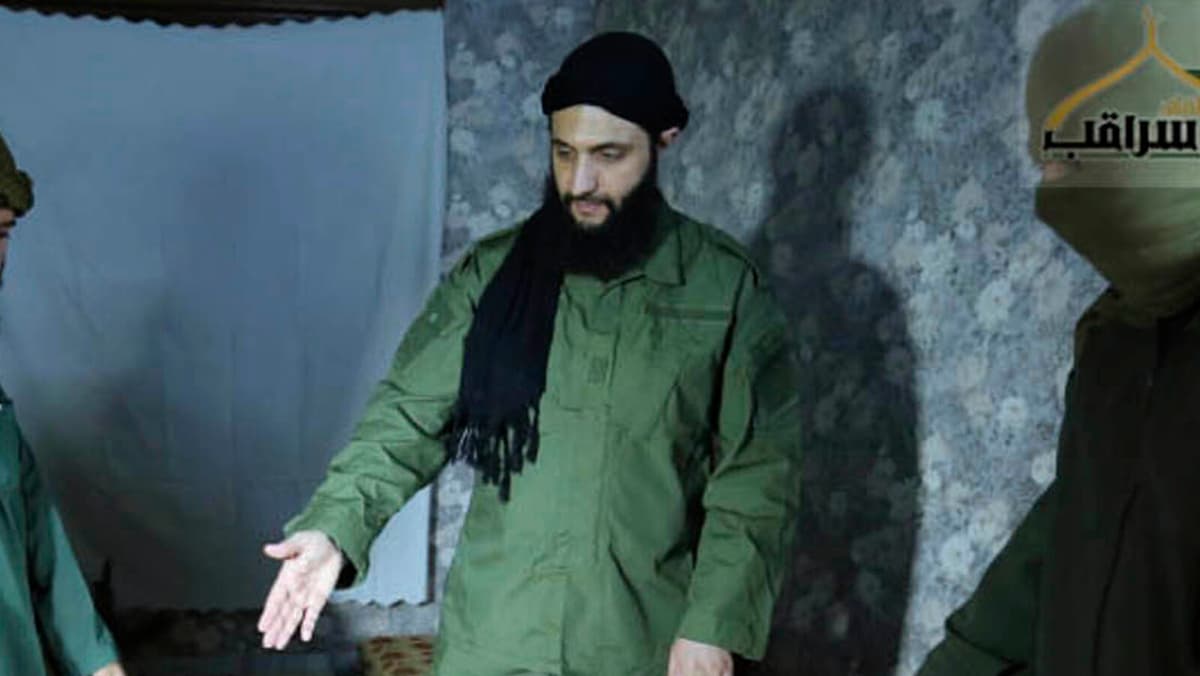Abu Mohammed al-Jawlani leads the terrorist-stamped jihadist group Hayat Tahrir al-Sham (HTS) which has taken power in Syria after five decades under the al-Assad family regime.
al-Jawlani was born in 1982 and grew up in the Mazzeh area of Syria's capital Damascus. He often goes by the name Abu Mohammed al-Jawlani, but during the recent rapid offensive, he began signing statements with his real name: Ahmed al-Sharaa, according to AFP.
Calming minorities
In March 2011, when the revolt against President Bashar al-Assad's rule broke out in Syria, he returned home from Iraq and founded al-Qaeda's Syrian branch Nusra Front.
A few years later, he cut ties with the terrorist network, citing that the Western world would have no reason to attack his organization. Al-Jawlani himself claimed not to have any intention of carrying out attacks against the Western world. He also stopped wearing a turban, of the type worn by many jihadists, and instead wore military clothing, according to reports in several media outlets.
The HTS leader is said to advocate for a slightly softer form of jihadist ideology. During the recent surprise offensive, he has, among other things, turned to the inhabitants of Aleppo to assure them that they will not be harmed under his rule. In Aleppo, there is a large Christian minority population, and the rebel group has previously written that the rebel forces have taken control of areas where "different religious sects and minorities" live.
Easier job?
He has also urged fighters to maintain security in areas "liberated" from al-Assad's rule, reports AFP. Aron Lund, Middle East analyst at the Total Defense Research Institute (FOI), says it is likely a deliberate strategy.
The less local and international panic that is created, the more al-Jawlani appears as a responsible leader rather than a toxic jihadist extremist. It makes his job easier, he says.
In 2017, al-Jawlani forced rival Islamist groups in northwestern Syria to merge with HTS and thereby took control of large parts of the Idlib province. In the areas where HTS had power, a kind of civil government developed. However, HTS was accused by residents and human rights groups of brutal abuses against those who dared to protest, which the UN has classified as war crimes.






